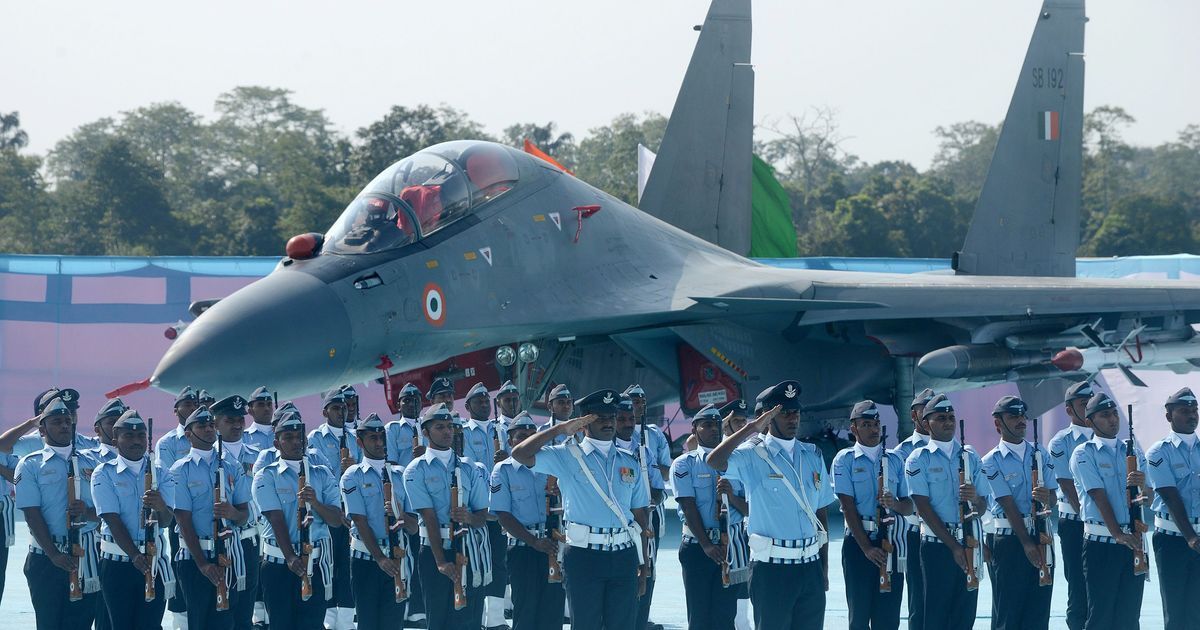Chief among them: Was due process followed in arriving at the decision to change the contract from one for 126 aircraft, with 18 purchased in a fly-away condition and the remaining 118 to be manufactured in India by Hindustan Aeronautics Ltd in collaboration with Dassault, as negotiated by the UPA government, to a truncated order of 36 aircraft? If not why? It is entirely plausible that the Air Force could not wait any longer to induct fresh aircraft and defence preparedness required the immediate purchase of planes, even as induction of a larger fleet was getting processed. Such a conclusion has to be reached by functionaries authorised to reach such a conclusion in the Air Force, the defence ministry and the Cabinet. We do not know as of today whether such functionaries arrived at this conclusion. Instead, what we do know is that objections were raised by senior defence ministry personnel to the terms of the deal, but were overruled. Then, there is the mystery over the government’s failure to take cognizance of the Eurofighter offer, was willing to lower its price by 20% and divert deliveries already committed to other air forces, to speed up deliveries to India.
There could be valid reasons to forgo this offer, but we do not know if there, in fact, were such valid reasons and if they were evaluated. Does the claim that the price per aircraft of the 36 plane deal is 9% cheaper than the price negotiated for the 18 plane deal in the earlier contract put at rest the charge of paying too much? Unfortunately not. Compare two offers one, two shirts for Rs 1,000 plus three pairs of trousers and two sarees free, and another, three shirts for Rs 450 each. Is the second offer really cheaper than the first one? The Congress party’s claim that Anil Ambani’s company was to be the sole recipient of offset business worth 50% of the Rs 59,000 crore Rafale deal was tall to begin with. It is possible that the biggest casualty of the manner in which the Rafale deal has been handled is not the exchequer, nor the Air Force nor even HAL, but the Anil Ambani group’s defence foray, which, instead of getting a substantial chunk of business in India’s valid ambition to create a vibrant defence production industry, is now reduced to a small beginning.

